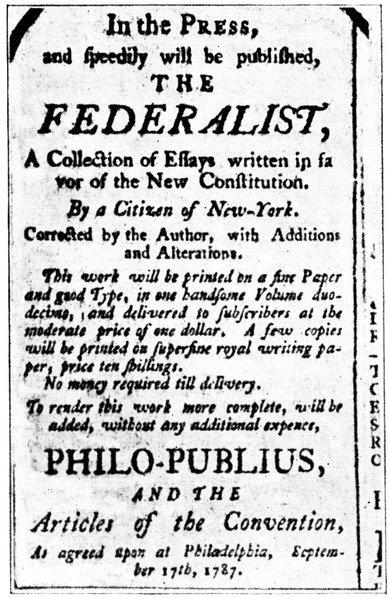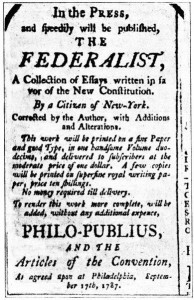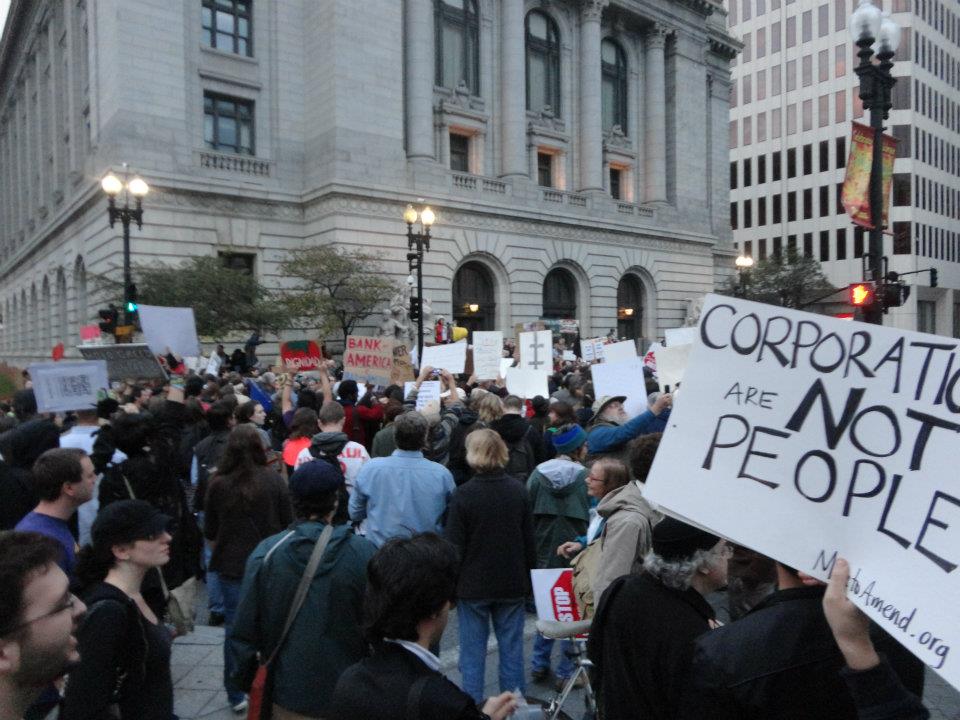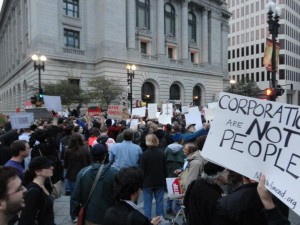 Luis A. Vargas, the new Director of Strategic Initiatives for the RI GOP has been tasked with “spearheading” the new initiative, “‘Oportunidad para Todos,’ aimed at reaching out to Rhode Island’s Hispanic population.”
Luis A. Vargas, the new Director of Strategic Initiatives for the RI GOP has been tasked with “spearheading” the new initiative, “‘Oportunidad para Todos,’ aimed at reaching out to Rhode Island’s Hispanic population.”
It is difficult for the GOP to make significant inroads with the Hispanic population, as the conservative, anti-immigration policies mostly favored by that party tend to alienate potential voters. So what can a young, conservative pre-law Roger Williams University student highlight about the Republican Party that might appeal to Hispanic voters?
Religion, of course.
This seems like a good bet, because the GOP has benefited in the past from the crass exploitation of religious values, courting voters on divisive social issues such as reproductive and LGBTQ rights even as they ignore the deeper issues of economic and political injustice. Part of this strategy has always involved denying certain historical truths about United States history, one of the biggest being:
This was in response to the Humanists of Rhode Island’s announcement of the Day of Reason. Think about this for a moment. This guy wants to be a lawyer, but he does not understand one of the essential building blocks upon which our country was founded. As legal scholar Garret Epps wrote in the Atlantic:
The words “separation of church and state” are not in the text; the idea of separation is. Article VI provides that all state and federal officials “shall be bound by oath or affirmation, to support this Constitution; but no religious test shall ever be required as a qualification to any office or public trust under the United States.” The First Amendment’s Establishment Clause… provides that “Congress shall make no law respecting an establishment of religion”–meaning that not only no church but no “religion” could be made the official faith of the United States. Finally the Free Exercise Clause provides that Congress shall not make laws “prohibiting the free exercise” of religion. (These prohibitions were extended to state governments by the Fourteenth Amendment, whose framers in 1866 wanted to make sure that the states maintained free, democratic systems instead of the old antebellum slave oligarchies that spawned the Civil War.)
More insultingly, Vargas goes to a University that is named for the man who first coined the phrase! More from Epps:
In 1644, the American theologian Roger Williams, founder of the first Baptist congregation in the British New World, coined the phrase to signify the protection that the church needed in order to prevent misuse and corruption by political leaders: “The church of the Jews under the Old Testament in the type and the church of the Christians under the New Testament in the antitype were both separate from the world; and when they have opened a gap in the hedge or wall of separation between the garden of the church and the wilderness of the world, God hath ever broke down the wall itself, removed the candlestick, and made his garden a wilderness.”
As to Vargas’s second contention, that “our government isn’t secular,” that’s equally ridiculous. If our nation isn’t secular, then it must be religious. If it is religious, then what religion is it? No fair saying “Christian” because Christianity isn’t a religion, it’s a label for a set containing many different beliefs all of which are considered to be inspired by Jesus. This set includes Catholics, Methodists, Baptists, Evangelicals, Jehovah’s Witnesses, Mormons, Congregationalists and many more, perhaps too numerous to count.
The reason all these contesting Christianities can get along (and get along with members of other religions and yes, get along with those of us who have no religion) is that we live in a country that grants no favor to one form of religion at the expense of another. All these different forms of belief and non-belief exist within a secular framework, our government.
If, as Vargas maintains, our government is not truly secular, then it is malfunctioning. That’s where groups like the Humanists of Rhode Island and the ACLU come in. We fight for freedom of conscience, religious liberty, and a secular world in which all are free to believe as their conscience dictates.
This is not the end of Vargas’s foolish pronouncements. He also denies that our country is a democracy, preferring to call it a Constitutional Republic instead. Of course, the word democracy is not in conflict with the ideas of a Constitution or a Republic, but Vargas doesn’t care about things like facts. When pressed, Vargas presents a strict definition of democracy as “one person one vote” and makes up a brand new term to describe our government. We are not a democracy, we are “an accommodating republic.”
Got it. If you can’t win on the merits try to blind ’em with bullshit.
It’s often said that you’re entitled to your own opinion, but not your own facts. Hopefully, as Vargas continues his education, he’ll gather more facts and revise his opinions.
One final point:
Pandering to religion isn’t the sure bet it once was. A new Pew Poll reveals that 18% of Hispanics are religiously unaffiliated. The Catholic Church is hemorrhaging Hispanic numbers at a rate that suggests that in the very near future most Hispanics will not be Catholic, even if most Catholics are Hispanic. In light of such polls the GOP might think about crafting policies that benefit potential voters rather than pander to their religious biases, but I wouldn’t count on that happening. It’s much easier to hire someone like Luis Vargas, who wears his religious bigotry on his sleeve as he tweets out such beauties as:
Vargas is obviously a great, forward thinking addition to the RI GOP team.


















